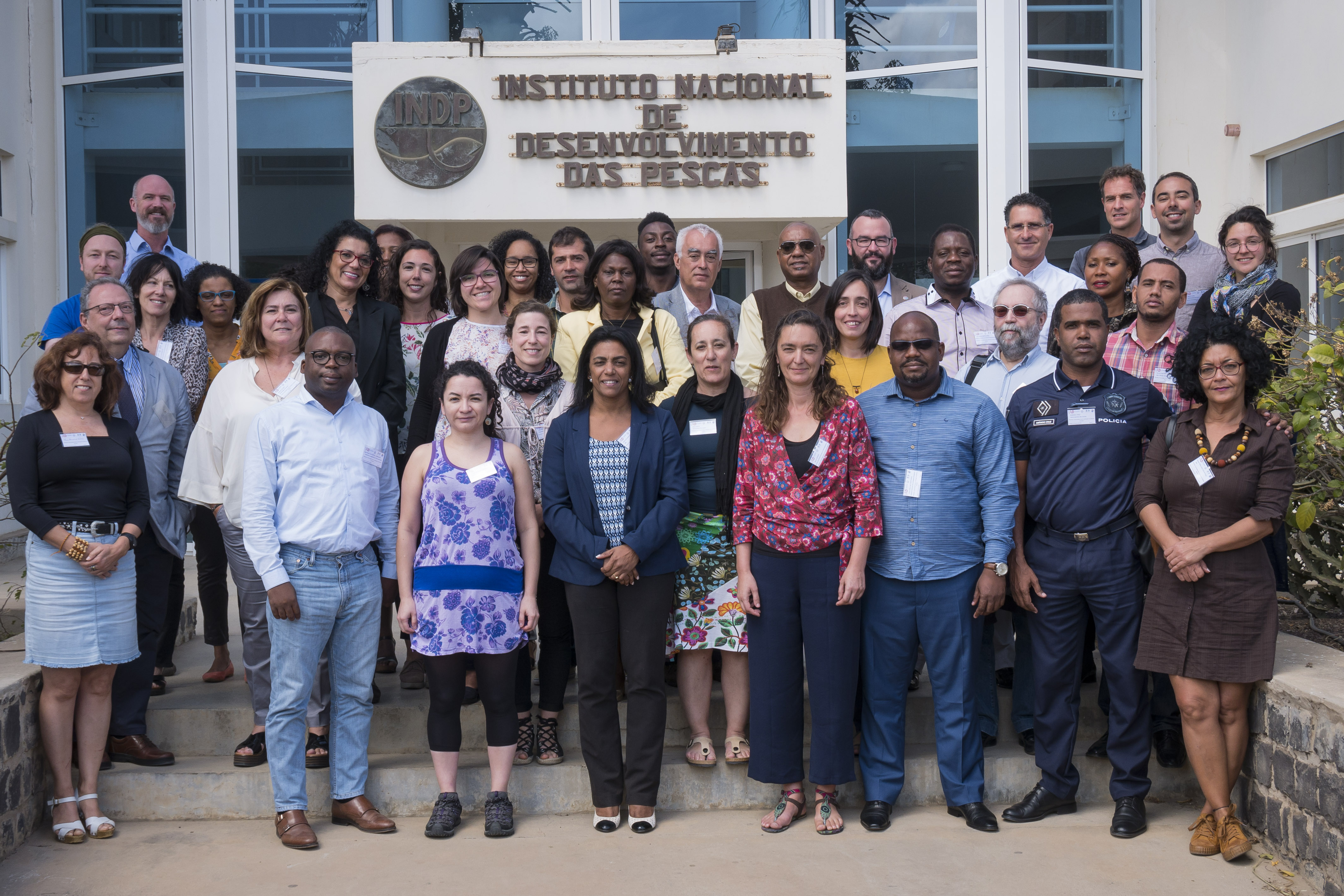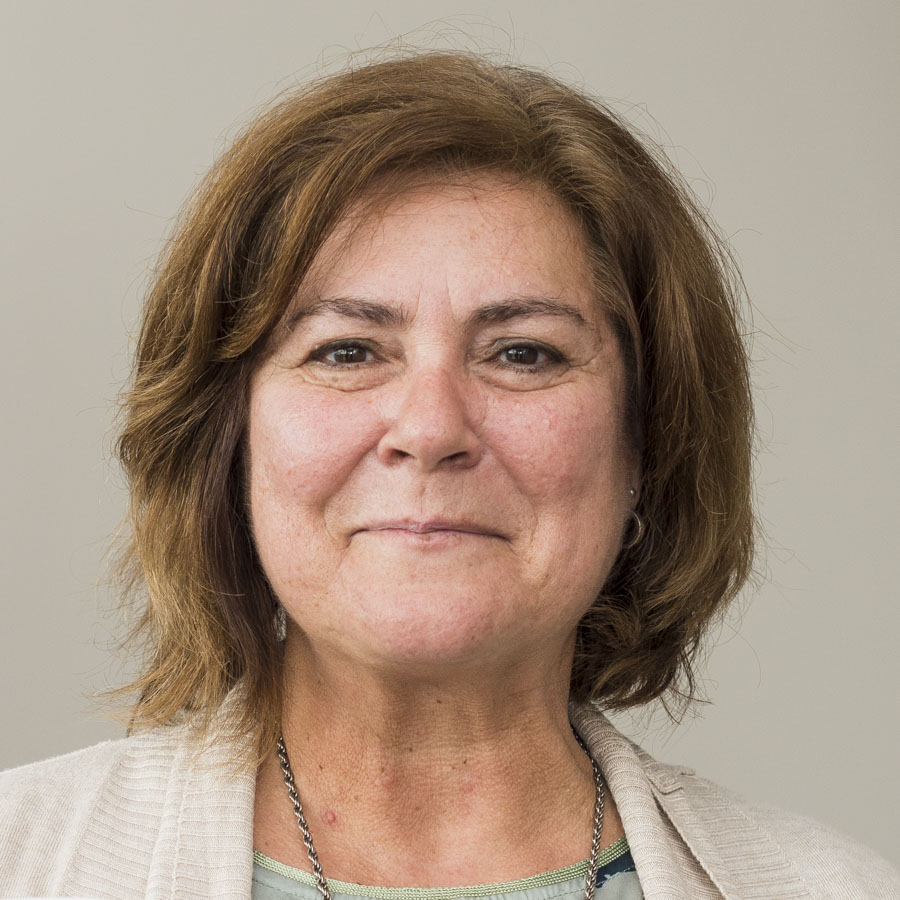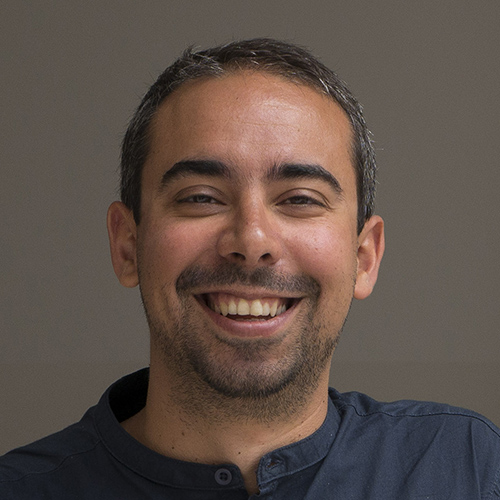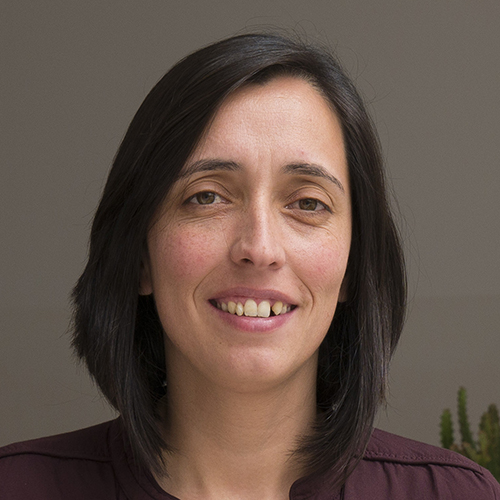
The first workshop of the Paddle project was held in Mindelo, Cabo Verde, between 5-7 February 2018 and gathered 50 people.
The workshop was developed during three days, organized with oral communications during the mornings and the development of the “hands-on” exercise during the afternoons. In the mornings, communications were grouped in panels with different themes: (i) the PADDLE project framework, including general approaches to MSP, (ii) challenges in Africa, focusing on different aspects of the use of the marine environment in Africa, especially in Cape Verde, and (iii) tools, addressing namely geographical information systems (GIS) and the blue growth. In the afternoons, the training exercise was developed with the Seasketch, a web-based solution that joins powerful tools for enabling and improving participatory MSP processes. The exercise was prepared in a sequential set of works along the three days of the workshop and was developed by participants distributed in several working groups lead by one member of the PADDLE team.
The workshop “Local communities and the use of the marine environment” feeds in both PADDLE general objectives and WP4 objectives and needs.
The first objective was the exchange of experiences among PADDLE team members and local stakeholders. To accomplish this, several experienced and multidisciplinary speakers were invited to participate in the workshop and contribute with a communication of their field of expertise related to the marine environment, maritime uses and management and MSP.
The second objective of the workshop was to contribute to capacity building of local stakeholders and local communities. For this intent, besides the communications, case studies were presented to illustrate real examples and a training exercise was proposed and developed by the participants during the workshop. This exercise also contributed to demonstrate the important role of local communities in the construction of policies for the use of the marine environment. Also, inscriptions in the workshop were free of charge, in order to encourage participation, and PowerPoint presentations were made available on the UNESCO platform (http://classroom.oceanteacher.org/course/view.php?id=322) to be accessible to a wider range of public.
The objective of contributing to the dissemination of the PADDLE project was ensured by a presentation of the project at the beginning of the workshop, focusing on its objectives and general structure. Finally, the workshop had the objective of contributing to the needs of WP4. To accomplish this, participants were asked during the workshop to validate information on WP4 case studies and to contribute with their technical opinion on specific questions and issues.
You can download the report here


